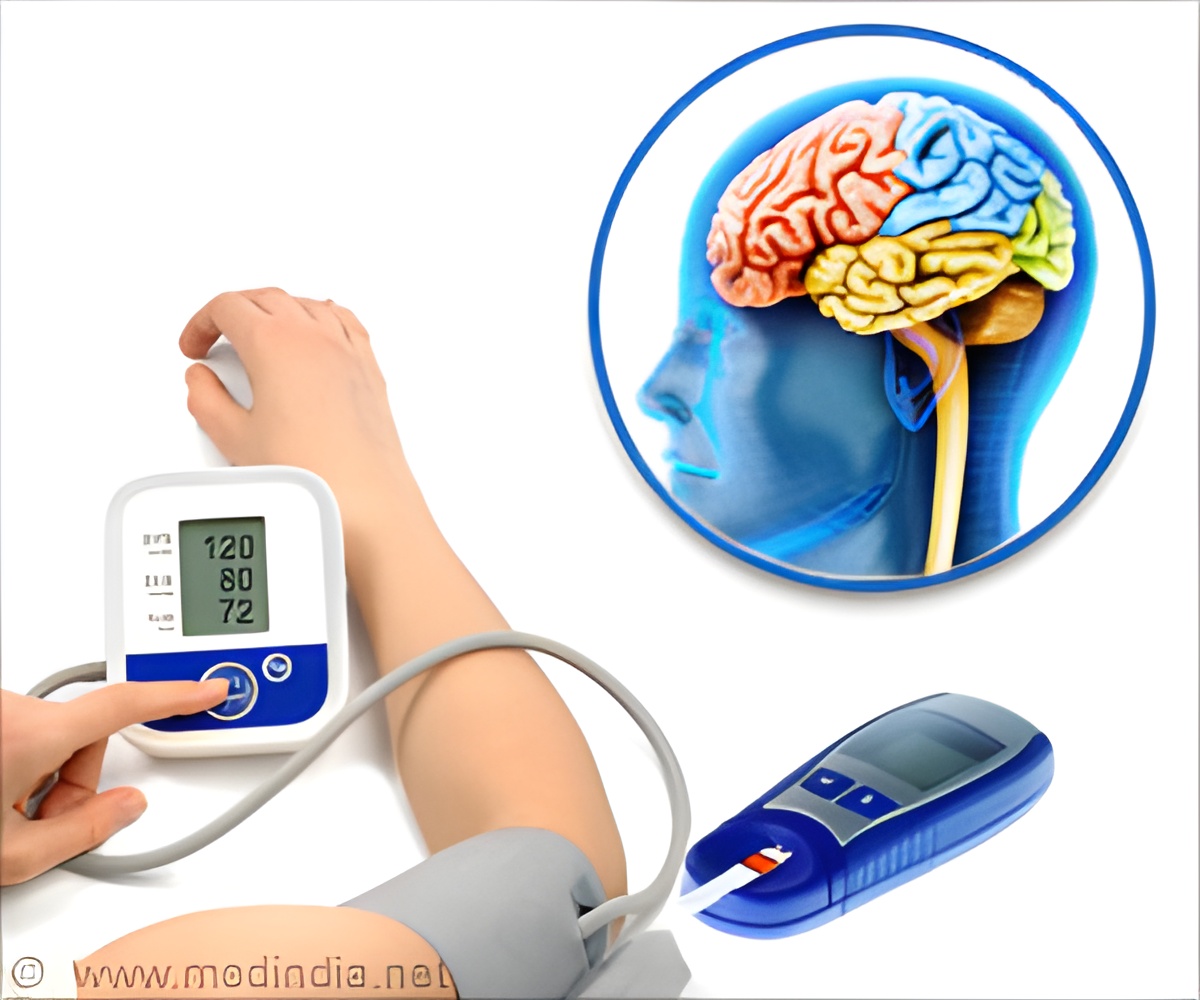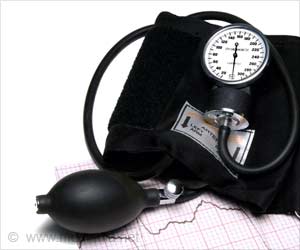Body increases the flow of blood to the vital organs and tissues when the oxygen level in the blood decreases due to high altitude or during sleep apnea.

‘Hypoxia increases the flow of blood to protect vital organs like brain and skeletal muscle tissues. This protective mechanism was missing in men with high blood pressure, study reveals.’





To understand how high blood pressure impacts these compensatory responses to hypoxia, the study conducted by researches from the Fluminense Federal University, Brazil and The University of Copenhagen, Denmark, involved measuring the blood flow to the brain and the leg muscles whilst middle-aged men with normal and high blood pressure inhaled air with a low oxygen concentration for 5 minutes.This research then showed that this increased blood supply response to hypoxia does not occur for middle-aged men with high blood pressure, and therefore when they are deprived of oxygen, oxygen delivery to parts of the brain and the leg skeletal muscles is limited. According to the study, this compromised response may be caused by the high blood pressure-induced impairment in the function of the blood vessels as well as increases in neural signals from the hypoxic brain to the circulation, increasing resistance to blood supply.
Importantly, this study only offers insights into the disturbances caused by high blood pressure during a short-term exposure (5 minutes) to low oxygen concentrations in a controlled environment (i.e. carbon dioxide concentration was kept constant and blood pressure to hypoxia did not change). Looking into these responses during a longer exposure to hypoxia in daily life situations such as high altitude exposure or sleep apnoea is also necessary to confirm these findings.
Dr Igor A Fernandes, the lead investigator of the project, also highlights the importance to understand the mechanisms that maintain brain and skeletal muscle oxygen supply of healthy individuals in hypoxic conditions and how high blood pressure affects them:
"We are interested in determining how high blood pressure impacts the mechanisms by which hypoxia increases brain and skeletal muscle blood supply and oxygen delivery. This will enable us to investigate how to prevent their deterioration or restore their adequate functioning."
Advertisement
Source-Eurekalert















